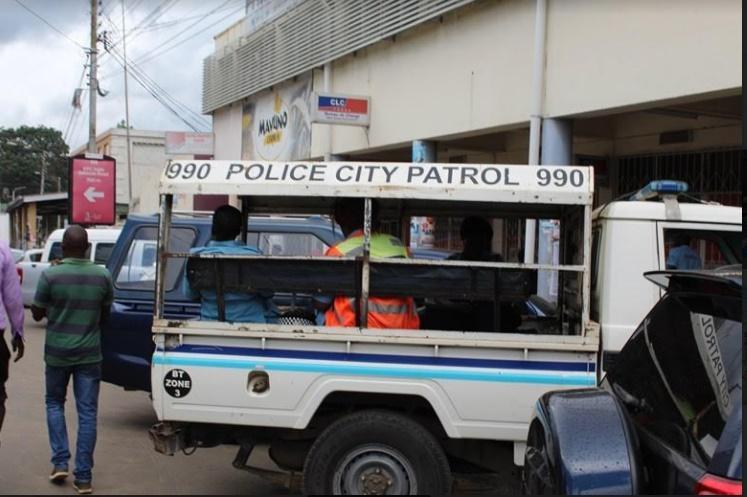Africa-Press – Malawi. Security expert Aubrey Kabisala says the Malawi Police Service’s decision to resurrect the long-abandoned ‘997 Rapid Response’ is not just overdue—it is a damning indictment of a system that allowed itself to collapse while crime spiralled and Malawians paid the ultimate price.
The emergency service, first introduced in 2006 but disgracefully abandoned in 2016 due to what police termed “resource challenges,” has been brought back only after public outrage reached boiling point. The turning point? The brutal killing of Kamuzu University of Health Sciences lecturer and Queen Elizabeth Central Hospital doctor Victoria Bobe, gunned down by thugs in Chigumula Township, Blantyre.
Barely a week after Members of Parliament confronted Homeland Security Minister Peter Mukhito over government’s negligence and failure to sustain the service, police have scrambled to reintroduce the system—an act many security watchers interpret as firefighting rather than leadership.
MPS spokesperson Lael Chimtembo said the revamped emergency line would allow the public to call their nearest police station for swift action. He claims the system has been fixed and modernised.
“We hope this will enable us to achieve our goals by swiftly responding to calls. For instance, when community members from Ndirande Township call us, officers from Ndirande Police Station will rush to the scene. If not, they will inform their colleagues at Blantyre Police Station. That is how the 997 Rapid Response will be operating,” he told Times Radio’s Kulinji programme yesterday.
He added that the network failures and technical problems that crippled the original service had been resolved.
“We promise that our services will be different now. We have also put in place measures to locate the one requiring the service,” he said.
Chimtembo said the MPS had also procured a new fleet of vehicles dedicated solely to the rapid response programme. The initiative, he noted, will roll out first in all cities and selected districts, with 19 centres already activated across Lilongwe, Blantyre, Thyolo, Chikwawa, Mzuzu, Karonga, Zomba, and Mangochi, among others.
He insisted the programme had proven effective in the past, contributing to reduced crime rates before it was halted.
But while applauding the revival, Kabisala did not mince words about the state’s failure to maintain such a critical security service in the first place.
“Our colleagues in other countries are way ahead in terms of their response to emergencies and security concerns. So, I am convinced with what they are saying, to the effect that the service is now rebranded,” he said—but the subtext was clear: Malawi is playing catch-up in a race it should never have abandoned.
The reintroduction of 997 underscores not only the urgency of the crime crisis but also exposes years of institutional neglect—an avoidable lapse that has cost lives and eroded public trust.
For More News And Analysis About Malawi Follow Africa-Press






